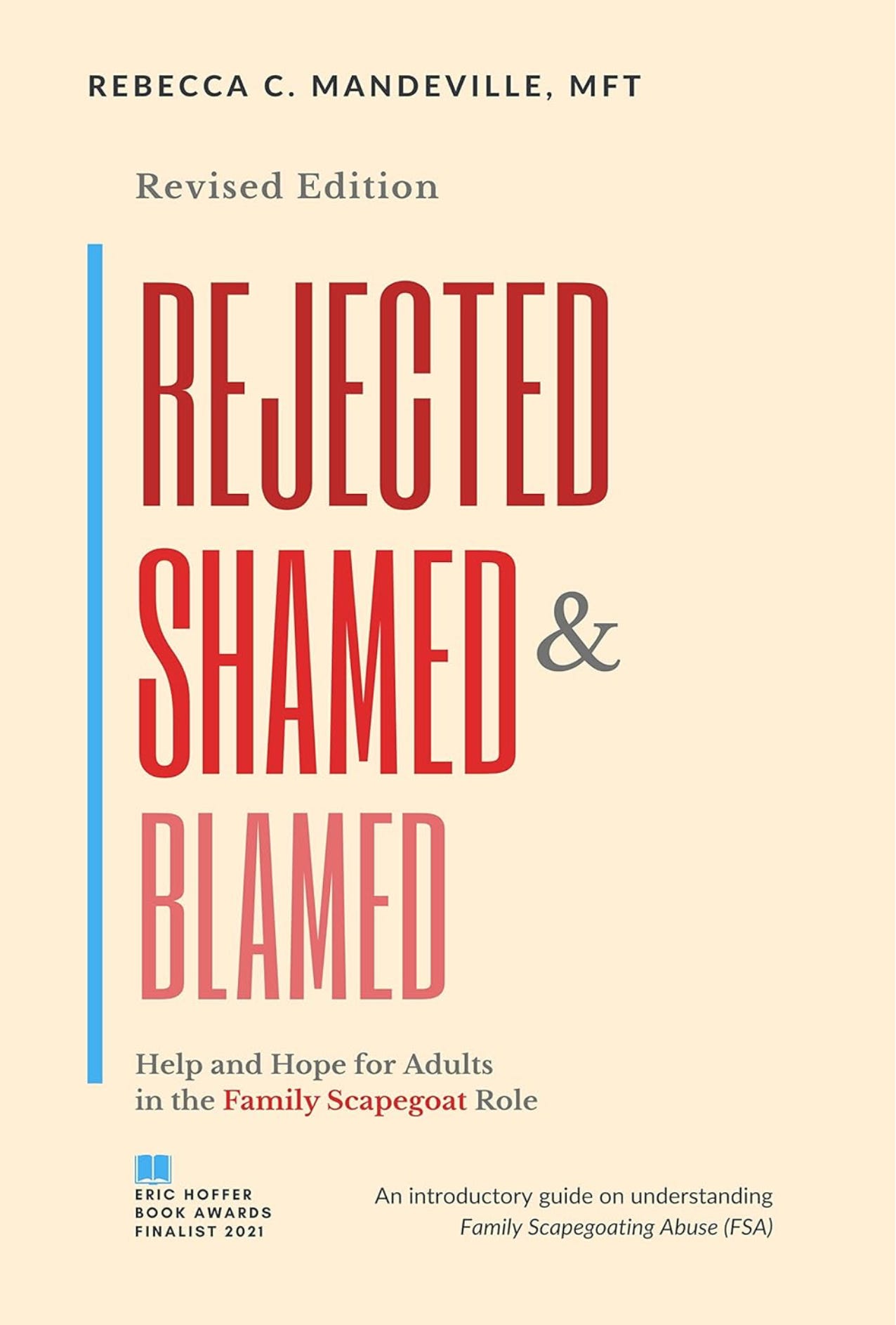5 Books That Helped Me On My Healing Journey
They’ll help you understand what really happened to you
I grew up in a dysfunctional family system. For a long time, I didn't know about that.
The simple reason: I believed there was something inherently wrong with me.
Reading tons of self-help books didn't give me any answers. Things changed when I stumbled on narcissism in an online forum. A door to completely new insights opened for me. I was hooked and wanted deeper and profound information. Which brings me to book number one.
Dangerous Personalities (Joe Navarro)
There are many books about narcissism out there. However, I was not after a clinical diagnosis kinda style book. I wanted something more relatable, something straight to the point.
Instead of explaining where narcissism comes from and why things are the way they are, Navarro shows directly observable patterns.
The funny thing is that most of the red flags were nothing new for me. I had seen them all the time in my family. Gaslighting and rationalising made me believe that things are not as bad as my feelings tried to tell me.
The main message I got out of this book was that I can trust my gut feeling.
This may sound simple. But the revelation that I was not the crazy one was a big step.
Essence of the book:
By learning to recognize the warning signs of dangerous personality types, you can protect yourself from emotional, psychological, and even physical harm.
Man's Search for Meaning (Viktor E. Frankl)
A must-read book for anyone going through hardship.
Frankl survived several concentration camps in World War II, including Auschwitz.
He had the option to emigrate to the United States, but decided to stay in Austria out of loyalty to his parents. And yes, he knew about the risk of being deported to a concentration camp.
That choice alone speaks volumes about his character.
While he was going through the horrors of the concentration camps, he studied human behavior. He wanted to know:
Why did people give up?
What kept people going despite extreme hardship?
I could give you the answer here. But I would spoil the experience this book delivers in excellence. In other words: Read it!
Essence of this book:
Life is never without meaning — even in suffering, we can choose our attitude and find purpose.
Siddhartha (Hermann Hesse)
This is kinda of a magic book. It is about young Siddartha searching for happiness and truth. He ends up finding out who he truly is.
In short: It is about the spiritual journey of becoming yourself.
Hesse uses several concepts from Buddhism, Taoism, mysticism, and depth psychology.
One would assume that it is a book that is hardly understandable and hard to read. But the very opposite is true. It reads like a bedtime story and still is not short of very deep and profound insights.
Siddhartha is a masterpiece of German literature and is a world classic for a reason.
If you liked The Alchemist by Paulo Coelho, you will LOVE Siddhartha.
Essence of this book:
True wisdom and inner peace come not from external teachings, but from direct personal experience, deep listening, and unity with the flow of life.
The Body Keeps The Score (Bessel Van der Kolk)
This is a groundbreaking book that describes how trauma can change the brain, nervous system, and body.
In short: Trauma is not just in your head only.
This was quite a revelation for me since I tried to solve all my problems with my head and learned to cut my feelings off. But that was exactly the core problem.
Things changed once I understood that the key to healing lies in reconnecting with your body. This may sound a bit abstract. But basically, it is about allowing yourself to feel your feelings, no matter how uncomfortable they may be.
Of course, you do not need to go the extreme lengths and the author offers several methods on how this reconnection can be done.
This book is a must-read if you want to have an idea about how trauma manifests in your body.
Essence of this book:
Trauma reshapes both the brain and body, but healing is possible when we reconnect with our bodily sensations, emotions, and inner sense of safety.
Rejected, Shamed & Blamed (Rebecca C. Mandeville)
It was quite a long way until I could pin down what happened in my childhood.
The more I read about narcissism, the more I learned about the scapegoat and golden child roles in narcissistic family systems. And then I stumbled on the term scapegoat abuse. Finally, things made sense for me.
Rebecca C. Mandeville coined the term Family Scapegoat Abuse (FSA).
So if you want a deep dive into this topic, this is the book to read. You will not find a better one!
Of course, I could tell you more about the book and Rebecca's wonderful work.
But… you can easily find out for yourself.
Rebecca is active here on Substack (see:
).Forget the white coat that you may associate with scientists. Rebecca is quite an approachable and kind person who, besides her academic work, also shares her personal story here on Substack.
Essence of the book:
Family scapegoating is a hidden form of abuse that can deeply wound a person's sense of self, but healing begins by recognizing the pattern, reclaiming your truth, and breaking free from toxic roles.









To be included in such wise company is humbling, Tim. I am so glad we connected here - Thank you for making me a part of your healing journey. For those interested in my personal reflections Substack, you can find it here: https://theinviolateself.substack.com/